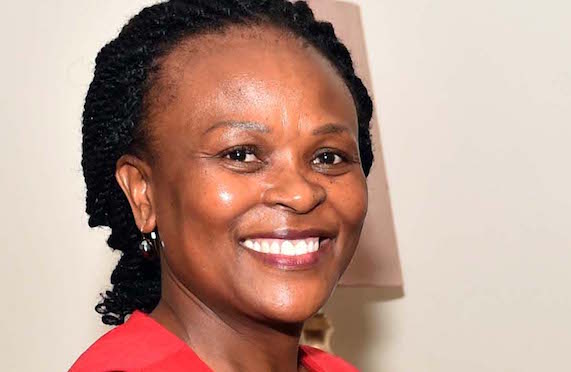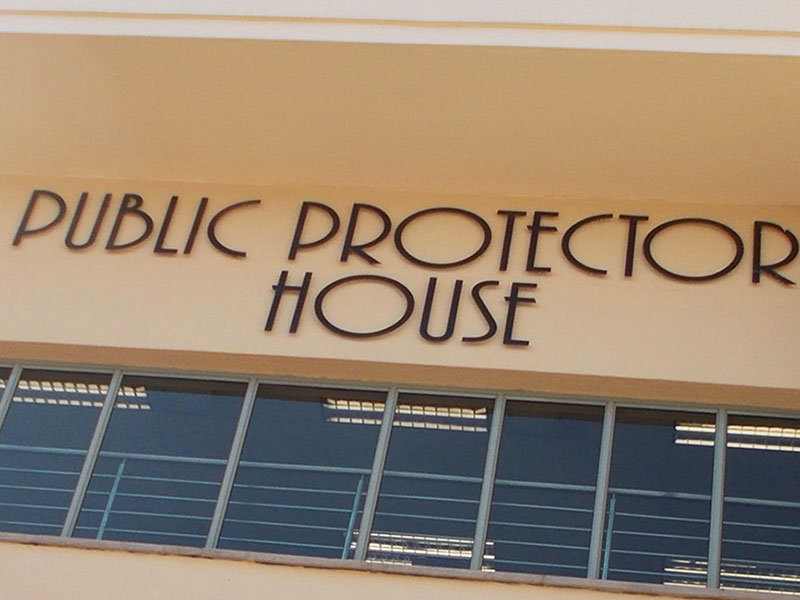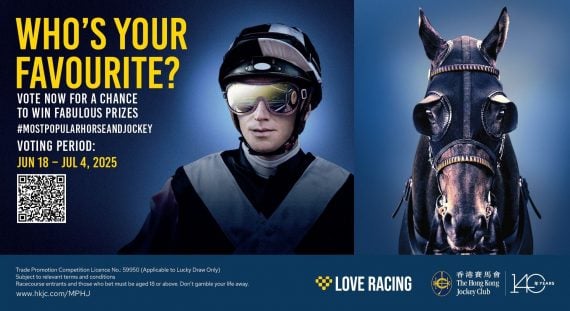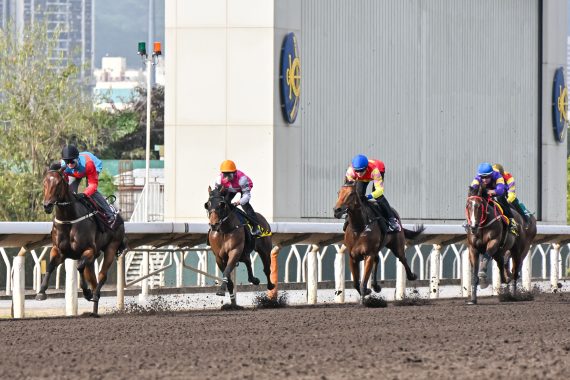Phumelela have reaffirmed their commitment to working with Government to meet all legislative requirements.
This came after the publication of the preliminary report by Public Protector Advocate Busisiwe Mkhwebane following a complaint that a 1997 decision by the Gauteng provincial government to corporatise and restructure the horseracing sector in the province was illegitimate.
The preliminary findings by Mkhwebane are a culmination of a lengthy investigation which was started in 2012 by her predecessor, Advocate Thuli Madonsela.

Public Protector, Adv Busisiwe Mkhwebane (Photo: Flickr)
A City Press report quotes Phumelela saying that the findings that the industry has not transformed are baseless.
Phumelela’s Rob Scott told the Sporting Post on Monday that, as one example, the requirements that Phumelela, upon listing, was to comply with a minimum black shareholding was met.
“We cannot realistically be held accountable that individuals have in the normal course of events exercised their prerogative and traded their shares and that the 26% PDI component had dropped to 10,85%, for example,” said Scott who confirmed that the company was currently in discussions with the Gauteng Gambling Board and the MEC to find a workable and amicable solution.
He said that Phumelela has at all relevant times complied with the applicable empowerment requirement.
Mkhwebane’s report also reveals that since the corporatisation of the sector in 1997, Phumelela has received R711 million from taxes which are levied on punters’ winnings.

A 6% tax is levied on all punters’ winnings and the Gauteng provincial government donates half of all those taxes to Phumelela.
When the agreement to corporatise was signed, the agreement was that the money would be donated to the industry for development of horseracing.
But Mkhwebane’s investigation has resulted in authorities making a decision to withdraw the donations and late last month Phumelela filed, and later withdrew, an urgent application to stop the provincial government from cutting off the subsidy.
The levy which Phumelela receives from the provincial government in Gauteng, a company spokesperson said in a statement, is used to subsidise the staging and hosting of races.
“The very purpose of the levy on betting tax agreed to between the racing industry and the Gauteng government was to provide financial support for the losses that were, and continue to be, incurred in the staging of thoroughbred horseracing. The payment to Phumelela of this levy on betting taxes was legislated in terms of provincial legislation and regulations. The betting tax received by Phumelela forms part of its annual income, out of which it funds its operations. This includes the staging of horseracing, the cost of which amounts to approximately R800 million per year, and which is undertaken at a big loss.”
 The company said it was within its rights to go to court to oppose the provincial government’s decision to withdraw the levy.
The company said it was within its rights to go to court to oppose the provincial government’s decision to withdraw the levy.
“The staging of horseracing is a loss-making endeavour and the taxes are used, in part, to contribute to the cost of racing. Horseracing stimulates a significant amount of economic activity and provides many direct and indirect jobs. Racing generates tax for the benefit of the provincial fiscus. Without the levy on betting taxes, Phumelela will be unable to sustain the staging of horseracing. Phumelela is opposing the withdrawal of the levy on betting tax on the basis that it constitutes irrational and unconstitutional administrative action. Phumelela, like all citizens of South Africa, has a constitutional right to fair administrative action.”








